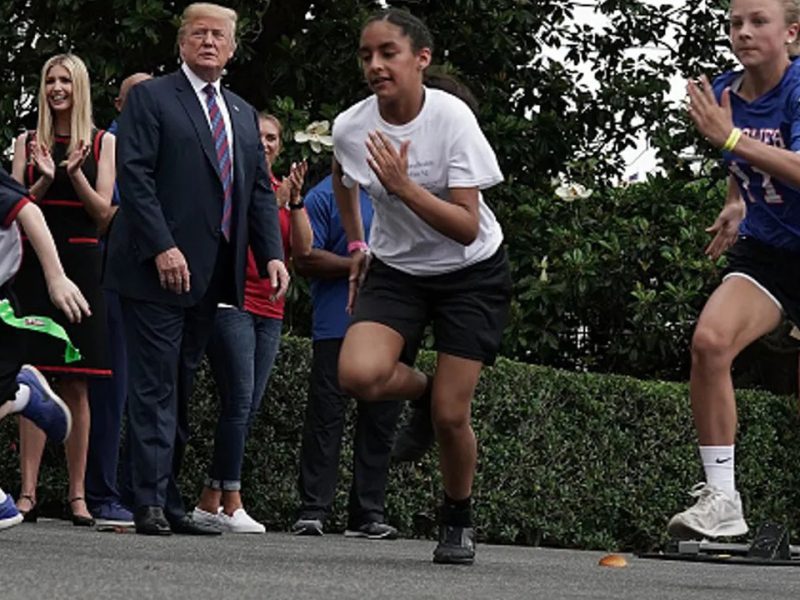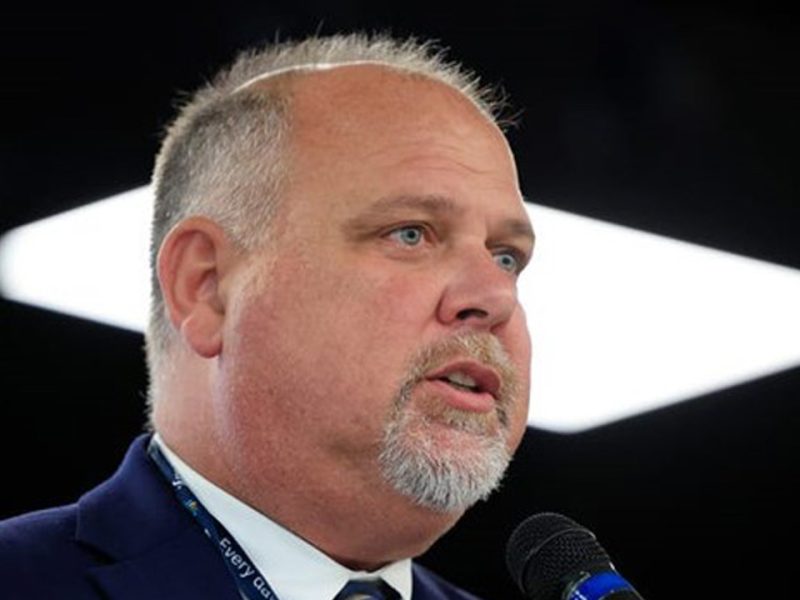Learners to Earners Summit: Florida’s future hinges on workforce development
Florida Politics | By Drew Wilson | June 15, 2021
It was true before the pandemic, and it’s true today.
Florida’s economy could become the 10th largest in the world over the next decade, but only if its workforce is prepared for the jobs of tomorrow.
“Everything in Florida depends on talent,” Florida Chamber of Commerce president Mark Wilson said Tuesday.
He and Kyle Baltuch, the Florida Chamber Foundation’s senior vice president, stressed the importance of workforce development during their opening remarks at the Learners to Earners Workforce Solution Summit in Orlando.
Building a workforce with the skills businesses are looking for requires more than college or trade school. Those are important, but many future workers may not reach that step if they aren’t hitting important checkpoints early on in their school careers.
“If we want a talented workforce in 10 years 20 years. There’s no more important investment than early learning, and every college and university president would agree with me on that comment,” Wilson said.
One of the most telling benchmarks for future success is third grade reading scores. Currently, about 58% of Florida third graders are reading at grade level. The Florida Chamber Foundation wants to raise it to 100% over the next decade.
Baltuch is leading the effort as the head of the Florida Chamber Foundation’s Equality of Opportunity Initiative. Launched in April, the initiative is focused on ending generational poverty, boosting diversity and inclusion at the workplace, and boosting third grade reading scores.
Baltuch said he ran into skepticism about whether the initiative could hit 100% in third grade reading scores or slash childhood poverty by half. One reporter asked him what the “real number” was that he thought the foundation could reach.
“It hit me in that moment that as a society, we become conditioned and numb to numbers that should terrify us. Numbers like 829,342 children in poverty just roll off our back at times. Numbers like 58% of children are reading at a third grade level in third grade don’t terrify us sometimes. The reality I understood at that moment was we’ve been conditioned to believe that not everybody will have success. The Florida Chamber Foundation is drawing a line in the sand, and we believe that no child should ever be denied the opportunity to earn their success,” he said.
“Now I understand that that’s a bold statement, and it takes a lot of work to live by that statement. But fortunately, we didn’t roll out of bed this morning and think, ‘hey, cutting childhood poverty in half and 100% third graders reading at grade level would be pretty cool.’ We’ve had a lot of work to ensure that we can implement a program across the state of Florida and work with partners to collectively and holistically address these challenges.”
Future “earners” need the education to set themselves up for success but so do the current earners. Especially as the state recovers from the COVID-19 pandemic, Wilson said.
“There are 512,900 jobs in Florida right now looking for people to fill them, but there’s 487,000 people looking for work in Florida right now. That is not a misprint. We have more open jobs than people looking for work at the moment. Now this will change. It has happened in the past, but it underscores the point that we can’t have economic development; we can’t have diversity if we don’t have a talented workforce,” he said.
“If you only hear me say one thing, it would be … we don’t have an unemployment problem; we have a skills gap problem.”
That was true before COVID-19, and the pandemic only “amplified” it.
“It’s not only the No. 1 issue; it’s the issue that I hear about when my phone rings.”






